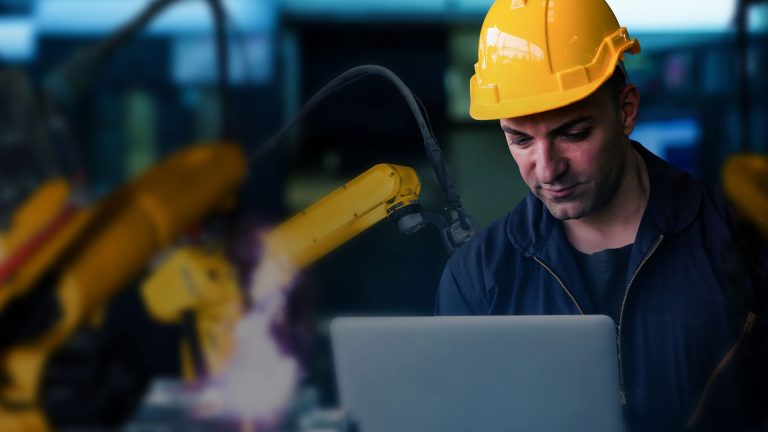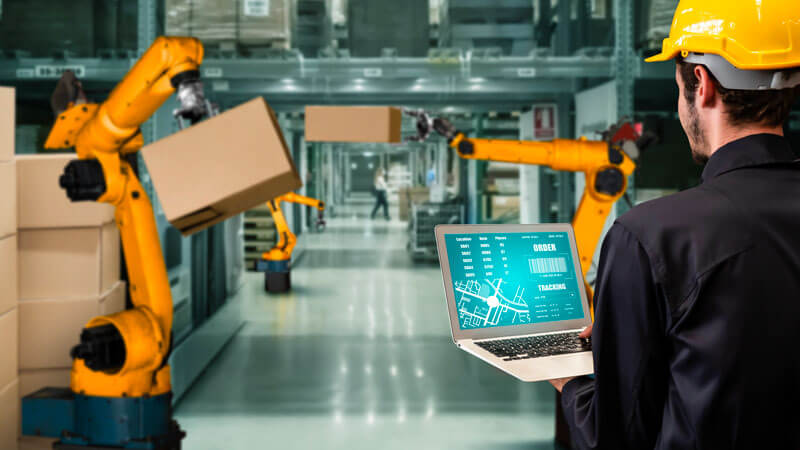As a client advisor focused on solving customer problems, I have been lucky to be surrounded with thought leaders, IT industry veterans and some of the sharpest minds who are business function experts – trying to embrace the new while sharing their perception of varied technology investments – innovation & business value accruals.
With changing times- industries, markets and thought leaders are embracing the congruence of mobile, cloud, analytics, digital and now Internet of Things (IoT) to orchestrate information that may infuse revenue growth, facilitate business process maturity, help stay ahead of competition while emerge as innovative players in their own industry segment.
I think the big question still persists – about vision, maturity, adoption, data security, strategy, return on investment and enablers that would drive these initiatives and in turn help organizations reap the benefits. Although, SMAC & IoT continue to evolve it has dramatically revolutionized industries including Manufacturing and Consumer.
It is eminent that the manufacturing industry is embarking on Mobile bandwagon as an enabler to empower e.g. field service teams with product information, guides, routing specifics and/or real-time field reporting to the factory that may in-turn help smoothen service calls & improve order cycle times OR using mobile to train, instruct and make the shop-floor employees compliant about safety norms OR facilitate business with real-time reporting on facility operations, production line, RFID/Bar code scans for traceability, inventory information, etc. OR empower customers, dealers, partners with order-atease, product catalogs – features, guides and notification, perhaps tracking shipping, delivery, etc. that may help the buying decision OR Improve Supply Chain with mobile inventory tracking from order to delivery in real time but all of these would require understanding of end-user needs, understanding customer expectations, business alignment to figure-out mobile fitment & innovation that would require adaptability for success.
In the past, I have seen companies investing heavily on mobile applications – developed & rolled-out with a vision to transform customer outreach/conversion but due to poor promotion or lack of marketing strategy to back it up, the application had low customer adoption hence in-turn lost the advantage or perhaps the expected revenue quotient. As a proponent of mobile, I would recommend any inhibitions need to be overcome with strategy, upfront ROI assessment, business benefits that would require expert planning, business alignment & vision to succeed.
Another area within manufacturing & consumer industry that would require diligence to accrue benefits is Big Data – Analytics as it empowers businesses to analyze volumes of data through multiple, disparate sources and deliver results at a greater speed. Big data has the power to influence business cycles while accelerate their pace; make an organization more enterprising for its employees, partners & customers alike. Unfortunately, the problem that industries face may sound familiar as IDC recognizes that organizations do not have the people and/or skills (Data Scientists) needed to actuate the volume of data, process data streams, handle data management & data privacy/security. It is going to be critical to capture, analyze/process and generate valuable insights using cutting edge analytics – prescriptive/predictive such as machine data, mobile data for retailers, sensors embedded in everyday objects and similar sources to derive value but without skill enablers it seem a difficult journey.
Internet of Things (IoT) on the other hand is the next big thing that everyone is talking about but do we really know the associated risks – data security, privacy, compliance? But, then we are humans and we are inherently risk takers that have always infused inventions rather I would say “innovative disruptions”. Gartner, Inc. forecasts that 4.9 billion connected things will be in use in 2015, up 30 percent from 2014, and will reach 25 billion by 2020. The Internet of Things (IoT)* has become a powerful force for business transformation, and its disruptive impact will be felt across all industries and all areas of society.
Does that mean businesses/industries – particularly early adopters in an IoT solution would tackle competition well and stay ahead of the curve? Perhaps, that’s true but its success and failure is highly dependent on data feeds that would extract real-time information from connected things with advanced analytics to create insightful business value. An example: The car that I drive has sensors to warn for cars in the blind spot or just in case I change lanes and approach closer to a vehicle in the nearby lane it supposedly blinks. This is a good way to prevent unforeseen risks of accidents but imagine the sensor data being captured & analyzed to determine trends of a safe driver eventually reducing insurance premium. This is a personalized view of IoT changing the way businesses may evolve.
According to an IDC research 66% of Discrete Manufacturers and 67% of Process Manufacturers are already pursuing IoT initiatives, less than half (40%) of those Discrete Manufacturers and about half (55%) of those Process Manufacturers have even begun a pilot. Now this brings a huge opportunity to improve machine productivity, sharpen preventive machine maintenance to reducing downtime and all of this using real-time data backed by analytics while collected from various connected things.
Gartner’s assessment of Retail industry says “The impact of digital business and the IoT will require advanced analytics to support real-time decision making to take advantage of momentary business opportunities” is an alarm bell that retailers that do not adopt advanced analytics will be at the receiving end and may eventually struggle to capitalize on IoT driven revenue opportunities. Well this certainly sounds true from store customer engagement models, inventory tracking to kiosks and self-serve machines capturing various data would transform the way a retailer expands its customer base, revolutionize merchandising operations, manage inventories or make changes dynamically to prices. Well as everything evolves in a digital, harmonized world business will have to adapt to this congruence to improve decision-making and stay ahead of the curve.


















